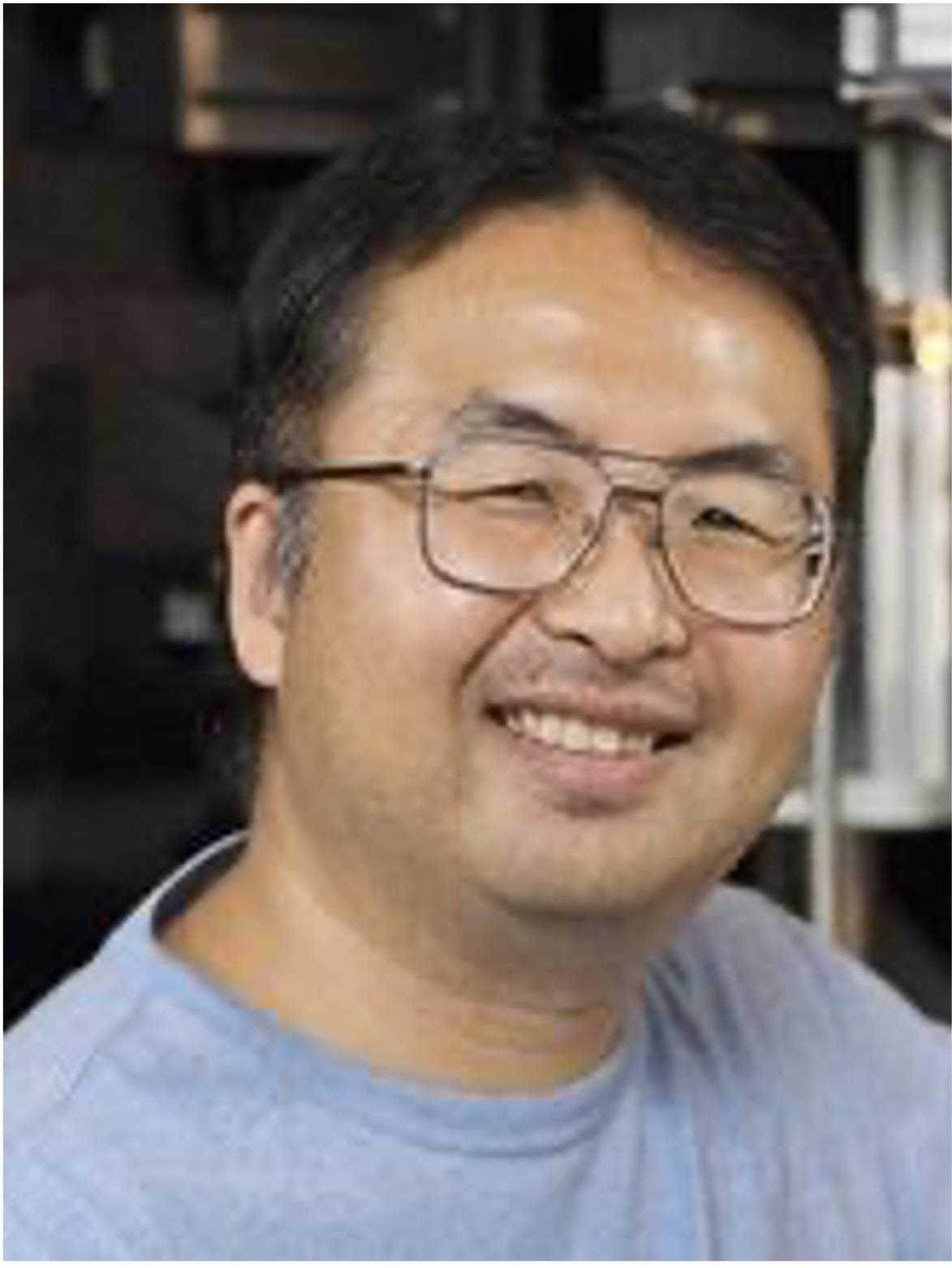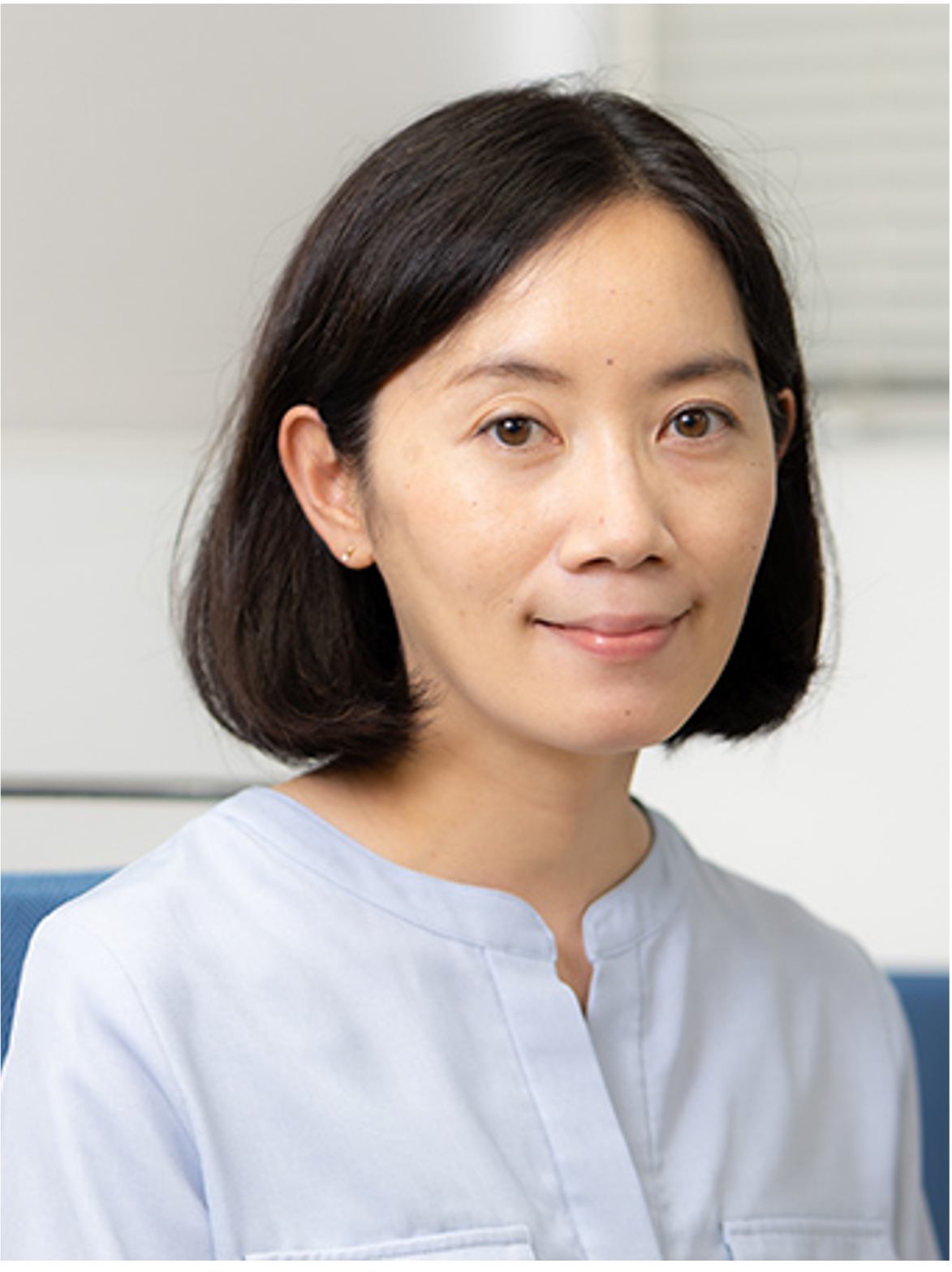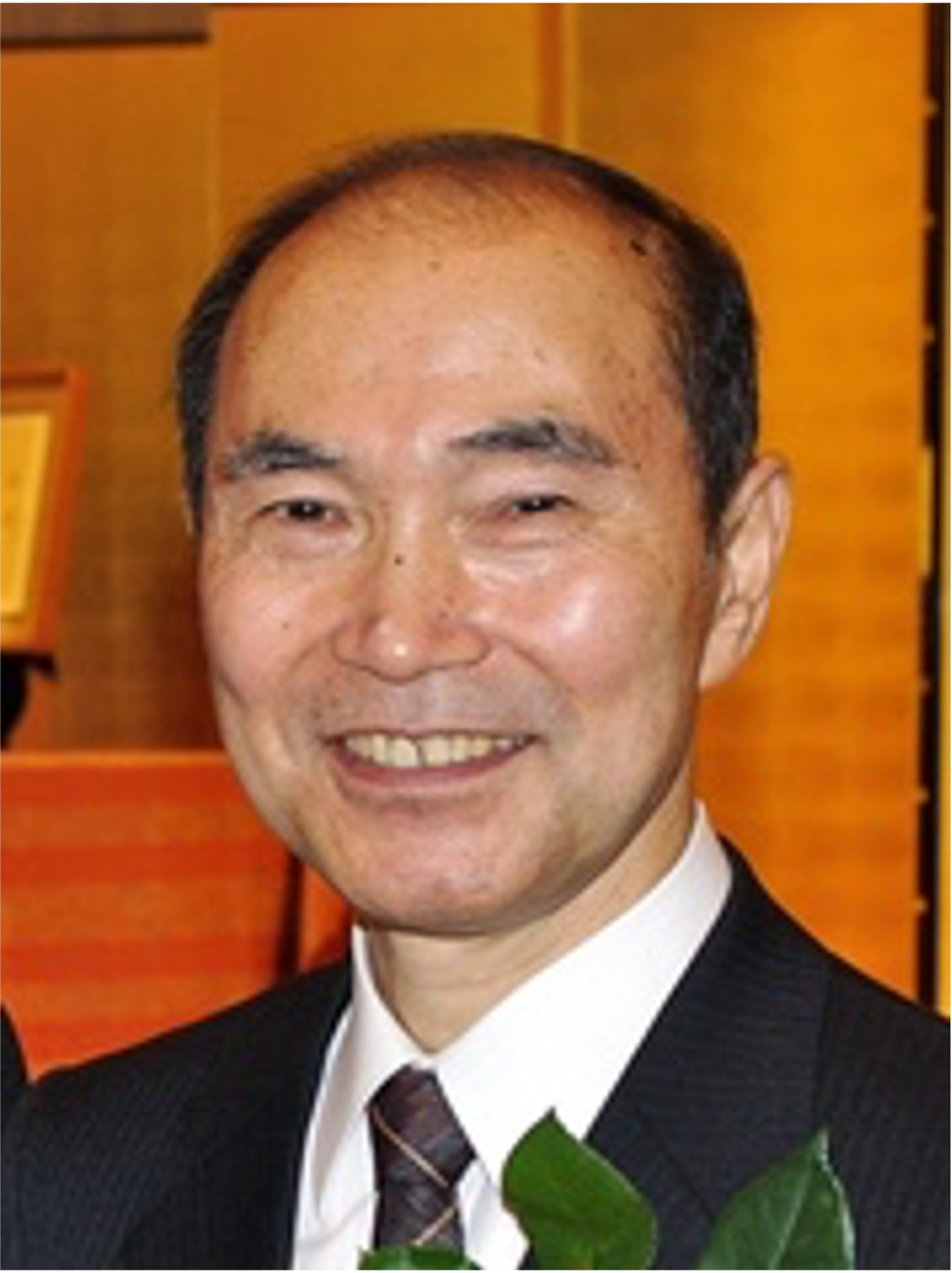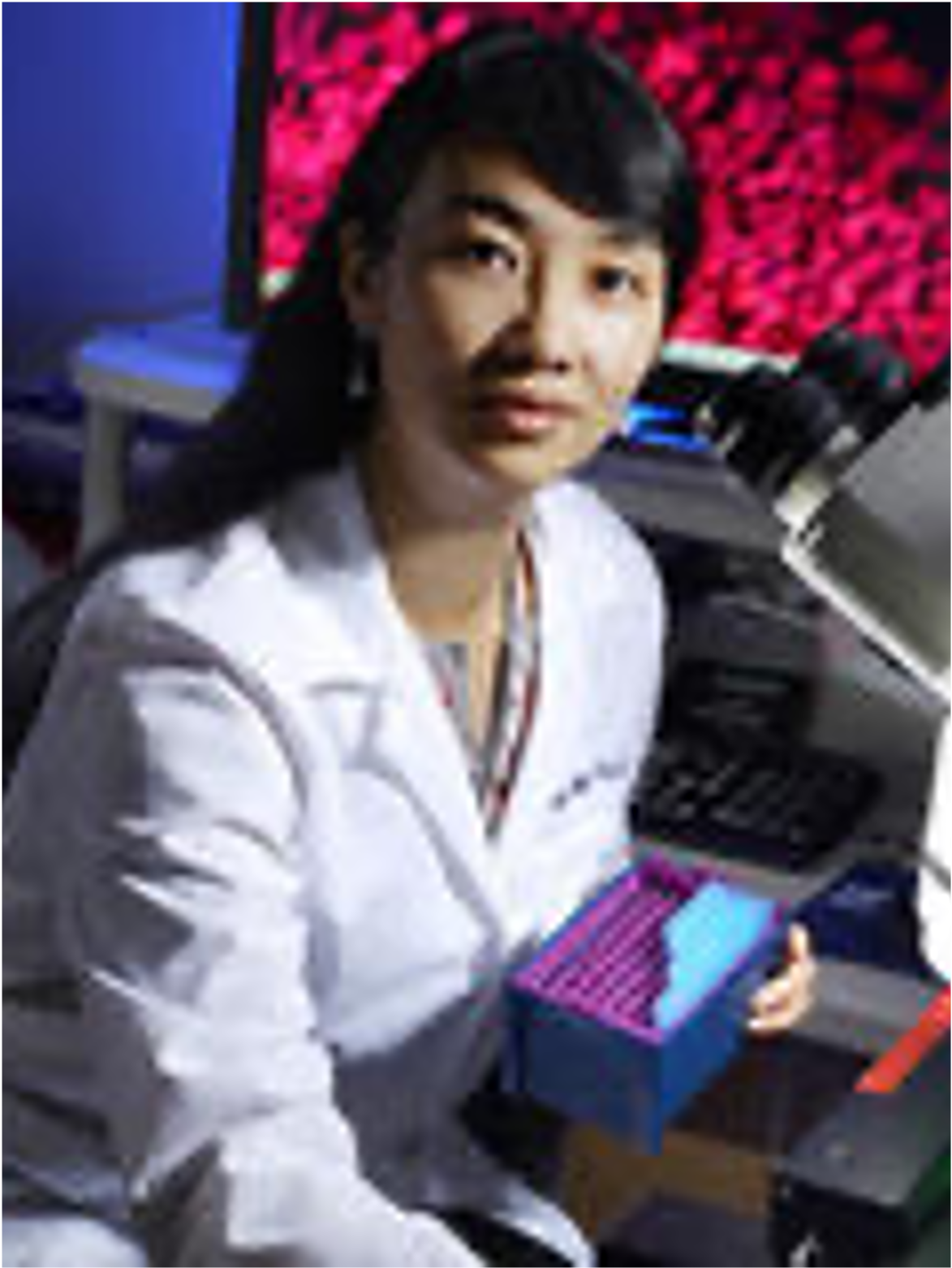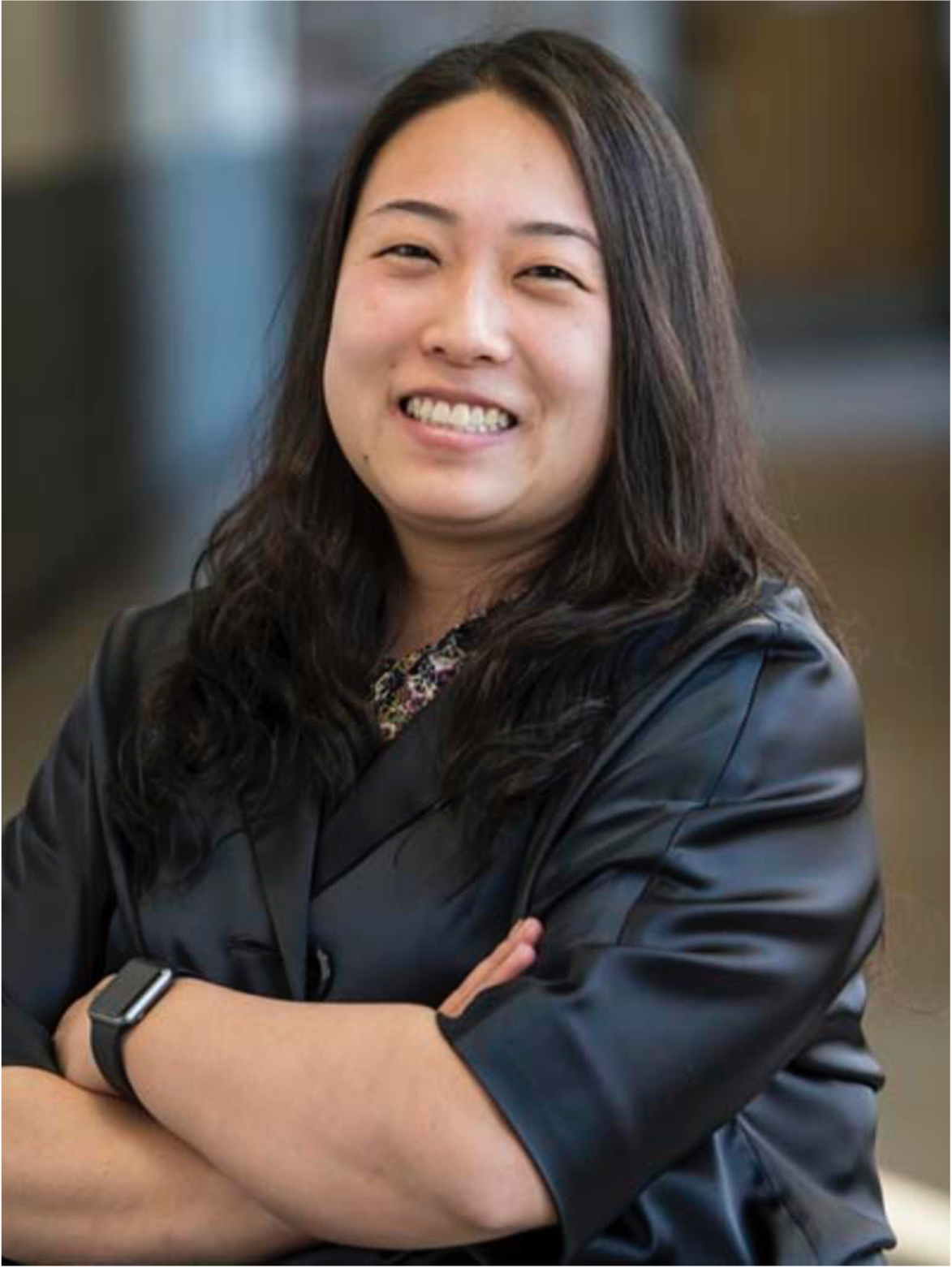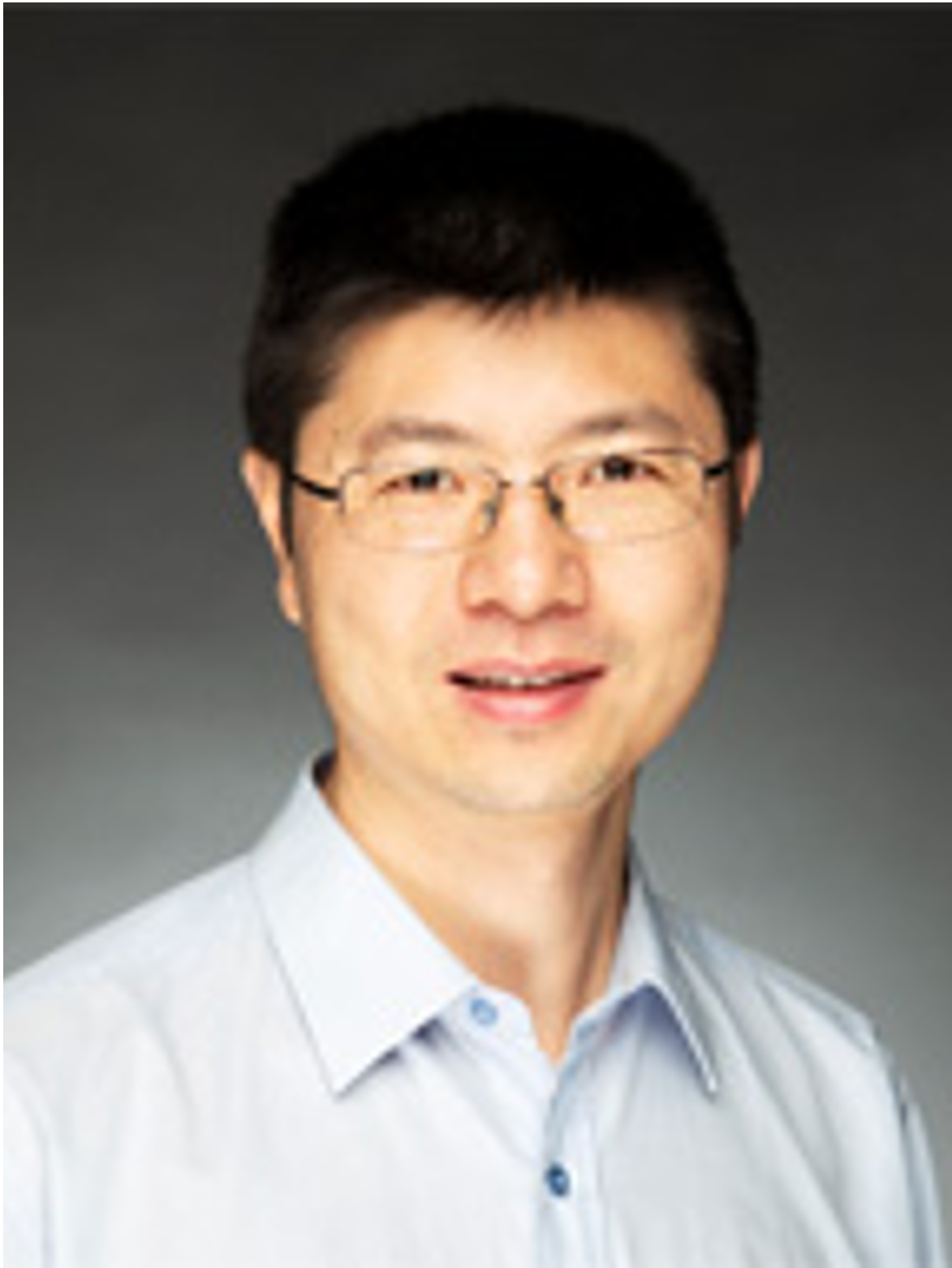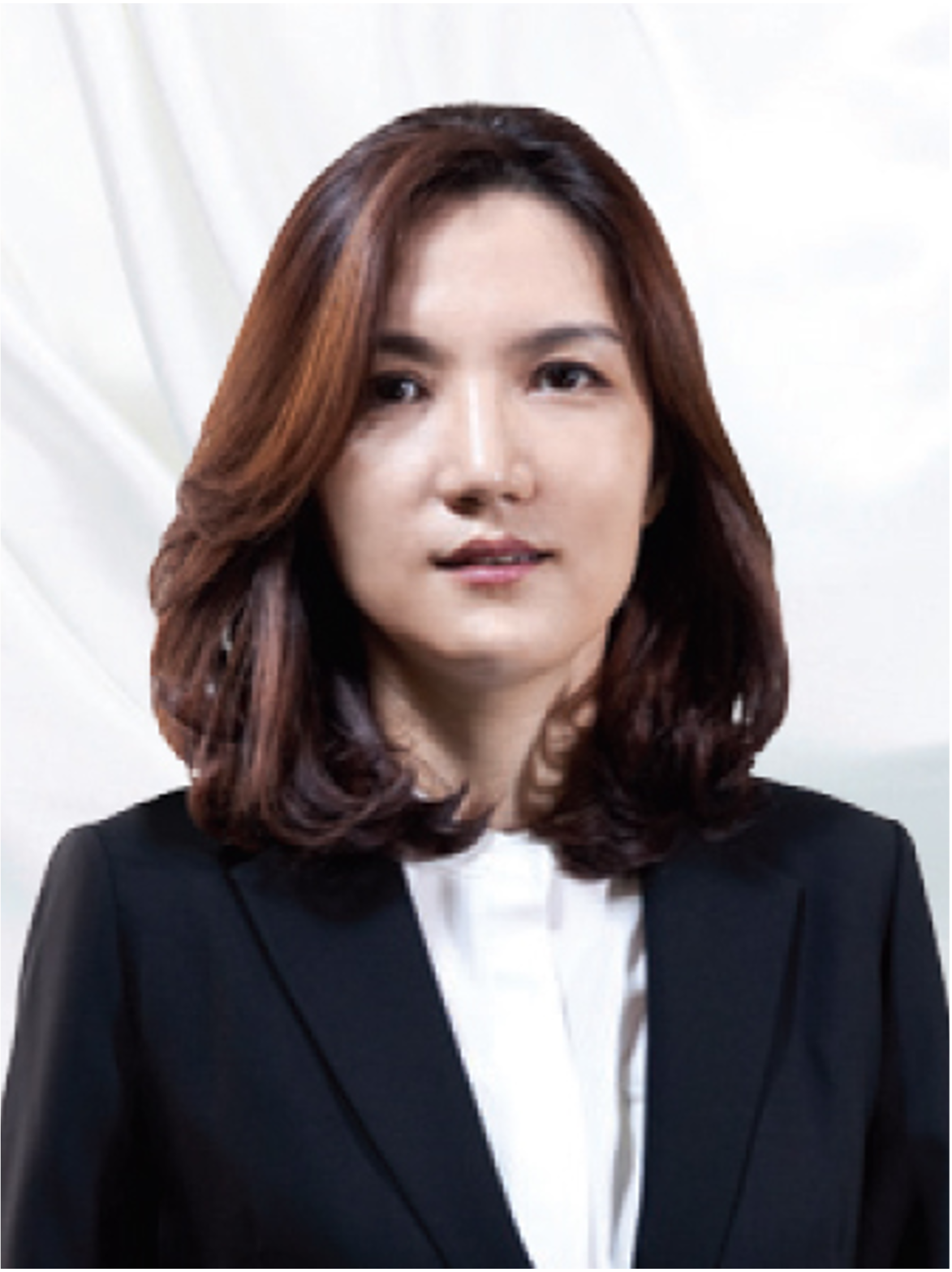分子和细胞认知学会-亚洲分会(MCCS-ASIA)2023年年会由上海交通大学薄渊未来技术学院脑健康与脑技术中心联合中国神经科学学会学习记忆基础与临床分会主办,上海交通大学Bio-X研究院协办。将分别于2023年7月25日在中国上海、7月27日在中国珠海召开。会议将汇聚全球著名的神经科学领域学者,交流前沿理论和先进技术,共同探讨分子和细胞认知的未来发展。会议讨论将涵盖学习和记忆的分子细胞机制、神经精神疾病的基础和临床研究、神经精神疾病的新技术在该领域的应用等。我们诚垫欢迎广大专家学者参会交流。

Schedule
MCCS-Asia 2023 Meeting | |||
Day 1 (July 25th) | |||
Venue: Global Institute of Future Technology, Shanghai Jiao Tong University | |||
Opening (8:25-8:30) | |||
Session 1 | |||
8:30-8:55 | Yi Zhong | Tsinghua University, China | |
8:55-9:20 | Hongjun Song | University of Pennsylvania, USA | |
9:20-9:45 | Serena M. Dudek | National Institute of Environmental Health Sciences, USA | Role of hippocampal area CA2 in the response to social defeat |
9:45-10:10 | Miou Zhou | Western University of Health Sciences, USA | The chemokine receptor CCR5 regulates learning and memory |
Break (10:10-10:30) | |||
Session 2 | |||
10:30-10:55 | Timothy Bredy | The University of Queensland, Australia | Synapse-enriched long non-coding RNAs drive synaptic plasticity and memory formation |
10:55-11:20 | Alan Jung Park | Seoul National University, Korea | Ventral tegmental-hippocampal-prefrontal circuitry supports cognitive flexibility |
11:20-11:45 | Katsuhiko Tabuchi | Shinshu University School of Medicine, Japan | Understanding the molecular mechanism underlying pathophysiology of MICPCH syndrome using CASK deficient mice |
11:45-12:10 | Tomonori Takeuchi | Aarhus University, Denmark | Locus coeruleus and dopamine-dependent memory consolidation |
Lunch (12:10 – 13:30) | |||
Session 3 | |||
13:30-13:55 | Satoshi Kida | The University of Tokyo, Japan | Molecular mechanisms for PTSD |
13:55-14:20 | Kobi Rosenblum | University of Haifa, Israel | Targeting QR2 Pathway to Treat Neurodegenerative Diseases |
Day 2 (July 27th) | |||
Venue: Zhuhai International Convention & Exhibition Center, Zhuhai Hall 3 | |||
Session 1 | |||
13:30-13:55 | Katsuhiko Mikoshiba | ShanghaiTech University, China | ER-localized IP3R/Ca2+channel in neurodegenerative disorders |
13:55-14:20 | Jennifer C. Tudor | Saint Joseph’s University, USA | Differential sex effects of sleep deprivation on mTOR signaling in the brain |
14:20-14:45 | Guo-li Ming | University of Pennsylvania, USA | |
14:45-15:10 | Yasunori Hayashi | Kyoto University Graduate School of Medicine, Japan | Long-term potentiation and memory consolidation |
Break (15:10 – 15:30) | |||
Session 2 | |||
15:30-15:55 | Aya Ishida | Institute of Physical and Chemical Research (Riken), Japan | Mouse models of Rett syndrome |
15:55-16:20 | Eunji Cheong | Yonsei University, Korea | Glial control of thalamic sensory processing |
Speakers' Profile
| Satoshi Kida Ph.D. The University of Tokyo. MCCS-Asia President. Research focuses on the mechanisms underlying learning and memory and methods to improve Post-traumatics tress disorders(PTSD) using hippocampal neurogenesis enhancer. |
| Serena M. Dudek Ph.D. National Institute of Environmental Health Sciences, NIH. Research focuses on the regulation of synaptic effectiveness and how synaptic changes early in development are consolidated to last a lifetime. |
| Yasunori Hayashi Ph.D. Kyoto University Graduate School of Medicine. Main interest is underlying the molecular mechanism of learning and memory by approach of multiple levels of studies from molecules to animal behavior: Protein Trafficking and Long-term Potentiation; Liquid-liquid phase separation and synaptic plasticity; Molecular Mechanisms of Structural Plasticity of Dendritic Spines; Dynamic Behavior of Cellular Memory Engram. |
| Aya Ito-Ishida Ph.D. Institute of Physical and Chemical Research (RIKEN). Research focuses on understanding fundamental mechanisms of postnatal brain development and clarifying the origin of developmental disorders such as autism by studying the roles of synaptic proteins in the maturation of neural circuitry. |
| Katsuhiko Tabuchi Ph.D. Shinshu University School of Medicine. Research focuses on mechanisms of brains function by studying molecules act at synapses and the pathophysiology of neuropsychiatric disorders caused by dysfunctions of these molecules. |
| Tomonori Takeuchi Ph.D. Aarhus University. Research focuses on how memories of everyday events, initially stored in the hippocampus, are ‘selected’ and then ‘assimilated’ into a relevant knowledge structure, called schema, in the neocortex; explore the systems-level molecular mechanisms of selective retention of trivial memory through neuromodulation and the assimilation of this retained memory into the relevant schema, using sophisticated behavioural tests in rats combined with cutting-edge molecular techniques. |
| Katsuhiko Mikoshiba Ph.D. Lab for Cell Calcium Signaling, Shanghai Institite for Adavanced Immunochemical Studies (SIAIS), ShanghaiTech University. Research focuses on the role and mechanism of cell signaling molecules, especially the role of Ca2+ signal transduction in cells. |
| Yi Zhong Ph.D. Tsinghua University. Using research on model organisms such as Drosophila and mice, to explore the biological mechanisms of learning, memory and forgetting. Committed to promoting the research on the pathological mechanism of human memory-related diseases and the development of potential therapeutic drugs. |
| Hongjun Song Ph.D. Perelman School of Medicine at the University of Pennsylvania. Research focuses on neural stem cell regulation and neurogenesis in the developing and adult mammalian brain and how these processes affect neural function; epigenetic and epitranscriptomic mechanisms and their functions in the mammalian nervous system. |
| Guo-li Ming Ph.D. Perelman School of Medicine at the University of Pennsylvania. Research focuses on understanding molecular mechanisms underlying neurodevelopment and how its dysregulation may contribute to developmental neurological disorders by using two complementary model systems, the genetically modified mouse system and patient-derived induced pluripotent stem cell (iPSC) model systems. |
| Kobi Rosenblum Ph.D. Sagol Department of Neurobiology, University of Haifa. Research focuses on how simple sensory information is encoded, consolidated, maintained and retrieved in the cortex and elucidate the biological mechanisms underlying cognitive abilities in the mammalian brain, to better understand cognitive dysfunction, neurodevelopmental and neurodegenerative diseases. |
| Jennifer C. Tudor Ph.D. Saint Joseph’s University. Research focuses on how sleep and disease affects cellular signaling pathways in the brain critical for memory, learning, and behavior. |
| Timothy W. Bredy Ph.D. Queensland Brain Institute, the University of Queensland. Research in the Bredy laboratory is elucidating how the genome is connected to the environment through epigenetic modifications, and how this relationship shapes behaviour throughout life. The group is particularly interested in how epigenetic mechanisms, including DNA methylation, histone modifications and the activity of non-coding RNAs, regulate the formation and maintenance of memory. |
| Alan Jung Park Ph.D. Seoul National University College of Medicine. Study on molecular-, genetic-, and brain circuit-level mechanisms of cognitive flexibility with the goal to treat cognitive dysfunctions associated with neuropsychiatric disorders, aging, and sleep disorders. |
| Miou Zhou Ph.D. Western University of Health Sciences. Interested in studying the molecular and cellular mechanisms underlying synaptic plasticity and learning and memory. Focus on neuron-glia interactions, and the role of CCR5 and other chemokine receptors in normal learning and memory, as well as in cognitive deficits such as those under stress, in Alzheimer’s disease, and in HIV infection. |
| Eunji Cheong Ph.D. Yonsei University. Committed to comprehensively understanding the mechanism of sensory information processing and control of the conscious state; glial function in sensory processing and thalamic sensory representation; provide novel targets for various neurological disorders accompanying sensory impairment. |







